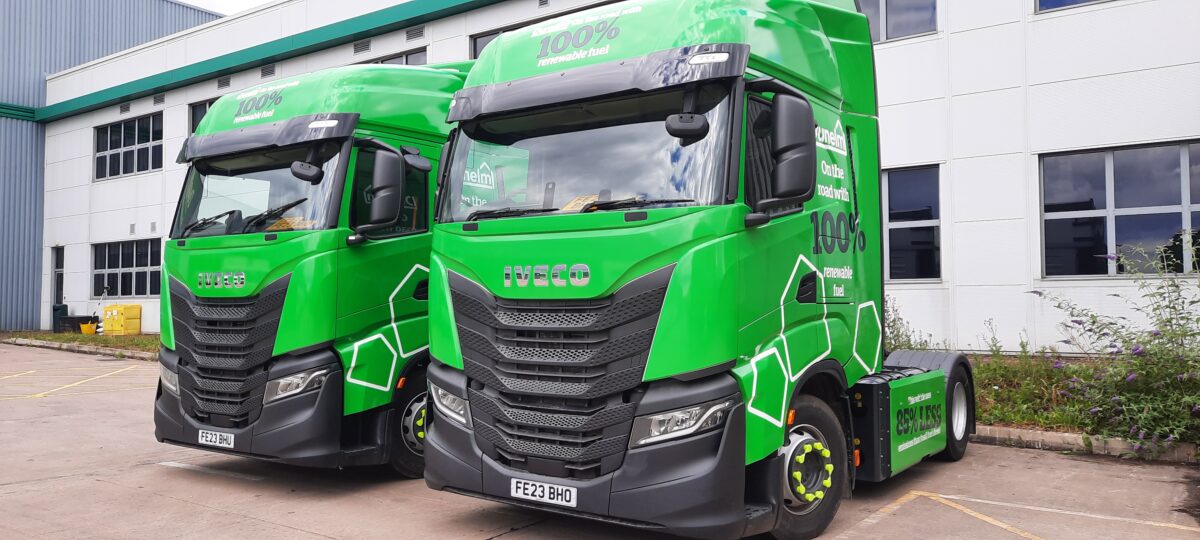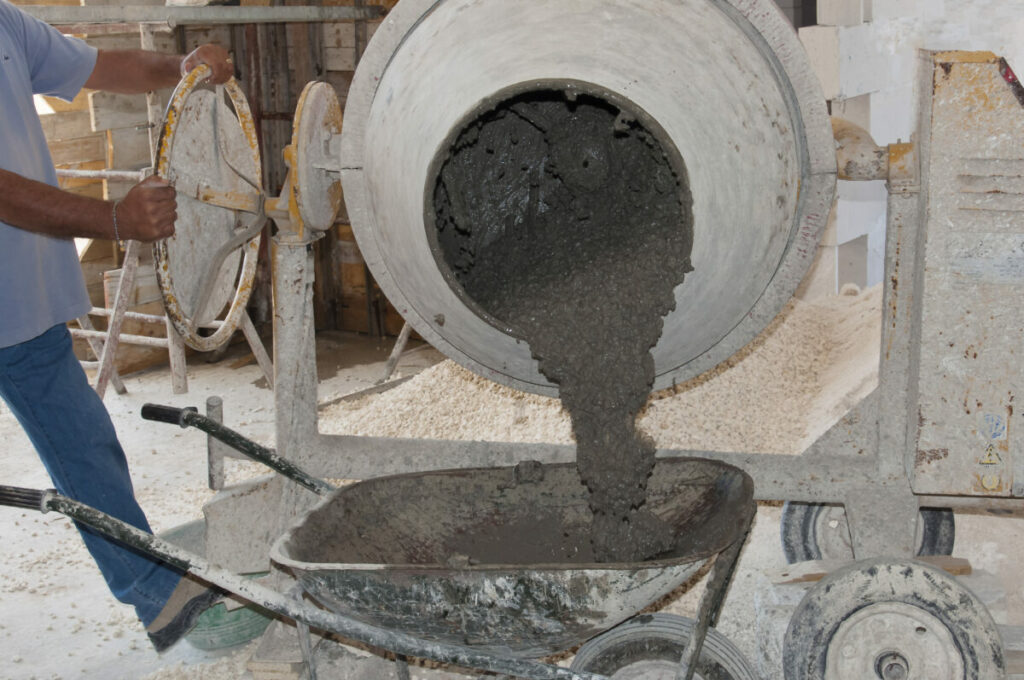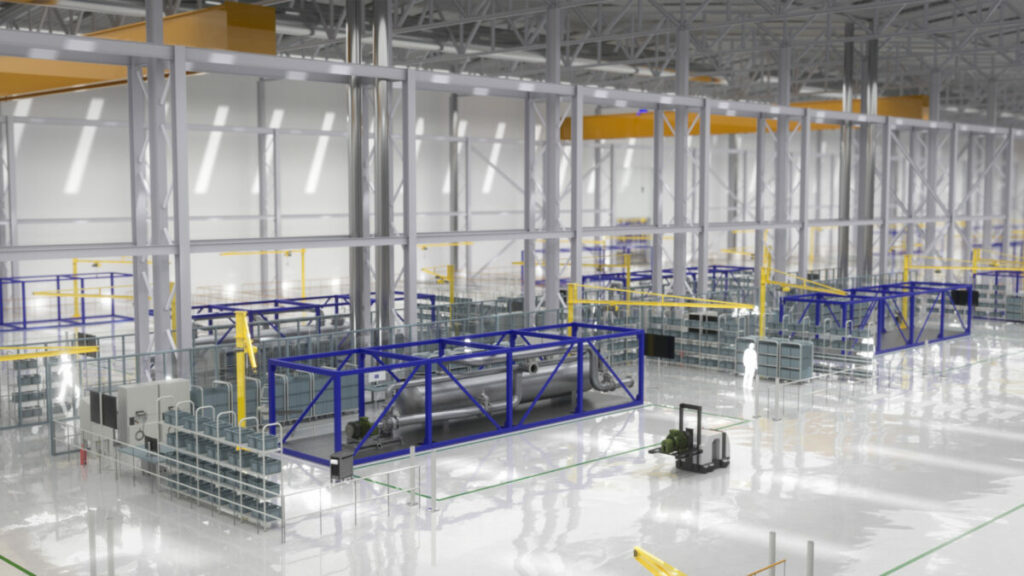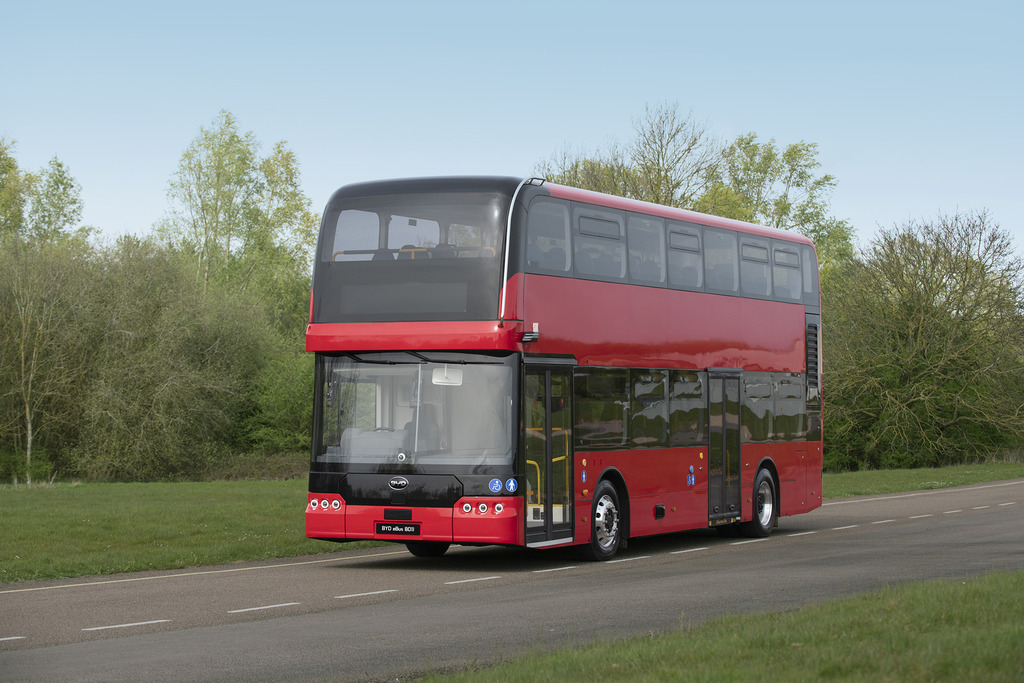Dunelm has invested in 10 new delivery vehicles that will reduce the carbon footprint of its transport fleet and the business.
More than 50% of Dunelm’s Scope 1 carbon emissions are attributable to its home delivery network (HDN) fleet. To combat this issue, Dunelm has introduced nine new tractor units, powered by compressed natural gas, as well as an additional electric vehicle to support store deliveries.
Dunelm head of climate change Christina Downend said the homewares retailer – which aims to reduce its carbon emissions by 50% by 2030 – is “committed to implementing new sustainable initiatives and reducing our environmental impact”.
The nine new vehicles will run on BIO-CNG – a renewable energy source derived from the decomposition of food and animal waste, providing a 100% renewable fuel option.
As a result, they will emit approximately 85% fewer emissions, compared to traditional fossil fuel diesel alternatives. They are also up to 50% quieter..
Subscribe to Sustainability Beat for free
Sign up here to get the latest sustainability news sent straight to your inbox each morning
Dunelm estimates it will save approximately 1,780 tCO2 – an 85% reduction in emissions compared to diesel. Furthermore, the 44-tonne fleet’s carbon emissions will be significantly reduced to a projected 314 tCO2.
“This investment in low-carbon vehicles showcases our dedication to providing less impactful and more responsible transportation solutions for our home delivery network and provides a significant step towards reducing our own operations carbon emissions by 50%,” Downend added.
The retailer has also secured a lease on a 100% electric Volvo tractor unit. It will be charged at the centre, which operates on renewable electricity, meaning the vehicle won’t emit any CO2 throughout its operational use.
The fleet updates are the latest initiative in Dunelm’s long-term plan to move to more sustainable production. The brand’s circular economy schemes allow its customers to donate unwanted textiles and homewares to their nearest store, with items being rehomed, reused, recycled or turned into brand new products.
Other sustainability initiatives include a furniture and mattress recycling scheme and participation in the Textiles 2030 pledge, which aims to halve carbon emissions, reduce water footprint by 30% and to introduce more circular approaches by 2030.















